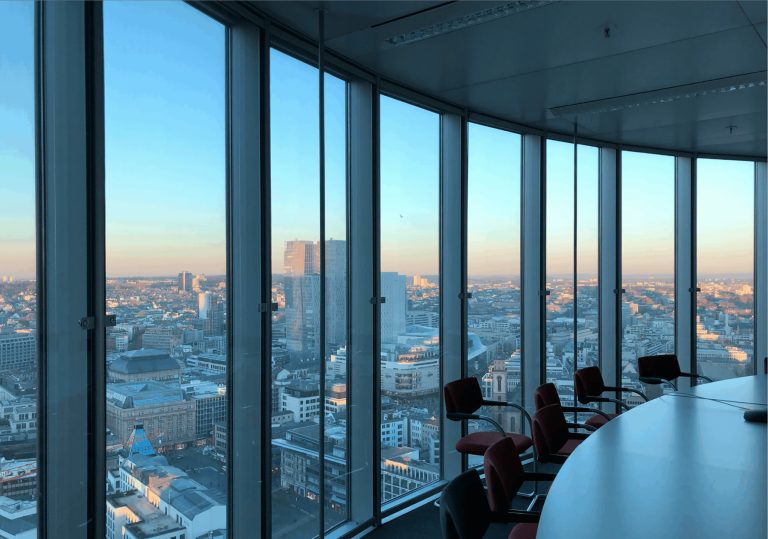The Middle East legal market is undergoing significant transformation, marked by both expansion and contraction among international law firms. Here’s an in-depth look at who’s moving, why it matters, and what lawyers considering a move or relocation need to know.
Market Expansion: Who’s Growing and Where
Saudi Arabia is the current epicentre and rapidly expanding:
- Pinsent Masons launched in Riyadh (March 2025) to align with Vision 2030.
- King & Spalding acquired Abdulaziz H Al Fahad & Partners, aiming for a 75% stake.
- Kirkland & Ellis set up a regional HQ in Riyadh with 20+ lawyers.
- Skadden opened its first Middle East office in Abu Dhabi (Jan 2025).
Across the Am Law 100, 70 new global offices were launched between Jan 2023–June 2024 — with Riyadh leading the charge.
Market Contraction: Strategic Retrenching Elsewhere
While the Gulf grows, other regions are tightening:
- Dechert closed Beijing, Hong Kong, and Chicago.
- Hogan Lovells shut down in Warsaw, Sydney, and Johannesburg.
Global firms are reassessing where scale is essential — and where presence is optional.
Why the Region Appeals to Firms
- Economic reform & infrastructure growth (Vision 2030, megaprojects)
- Booming deal volume: Over $150B in Gulf transactions in 2024 (up 62% YoY)
- Arbitration and disputes work on the rise
- Regulatory reform and sovereign wealth fund activity
Pros & Cons for Candidates
The Upside:
- Lucrative packages: Often tax-free!, with generous relocation and schooling allowances.
- Accelerated progression: Smaller teams mean more visibility and responsibility.
- High-end, international work: Particularly in infrastructure, energy, projects, and disputes.
- Lifestyle benefits: Quality of life can be high, especially in Dubai — modern infrastructure, travel links, and strong expat communities.
- Regional mobility: Opportunity to work across GCC offices, growing your cross-border experience.
The Trade-offs:
- Cultural adjustment: Even cosmopolitan cities like Dubai have legal and social norms that require adaptation.
- Limited partnership track: Fewer opportunities for equity and long-term progression in some regional offices.
- Visa/work permit complexity: Can delay start dates or complicate family relocations.
- Visibility to HQ: Being further from global HQs can sometimes mean less involvement in strategic matters.
- Sustainability of roles: Some regional roles can be more transient depending on project cycles or firm strategy shifts.
In Summary:
The Middle East offers massive opportunities — but it’s not for everyone. For the right candidate, it’s a career-defining move. For others, the lifestyle shift or long-term trajectory may not align.
If you’re thinking about it, ask yourself: Is this a stepping stone, a platform, or a lifestyle move? And how would you feel if it became all three?
Want to know more about the Global Markets we specialise in? Get in Touch with Track Legal





